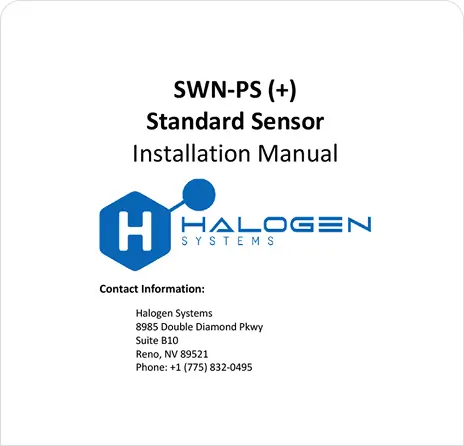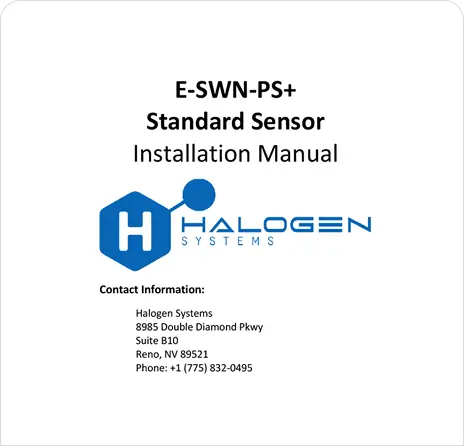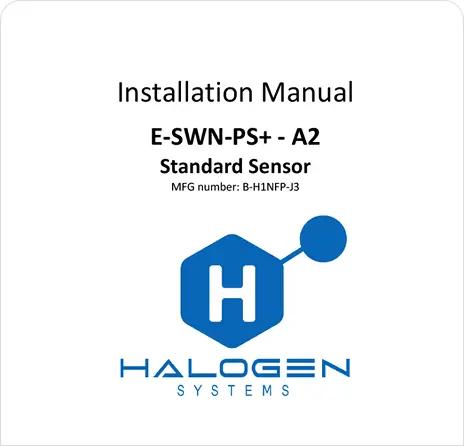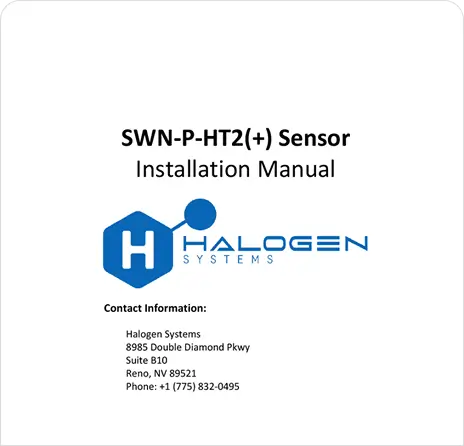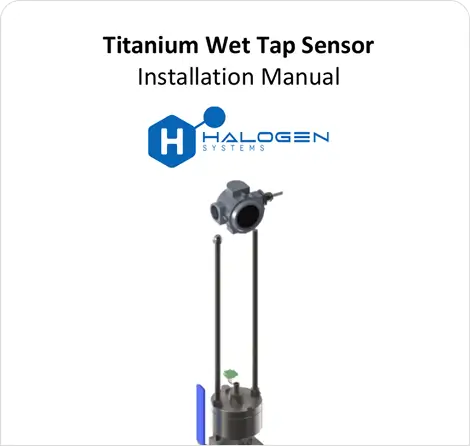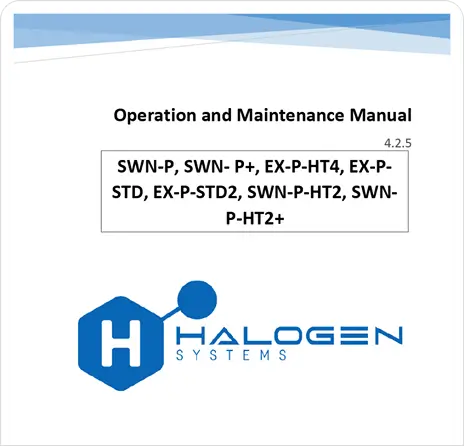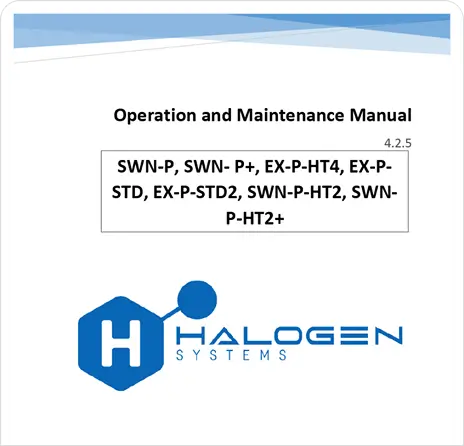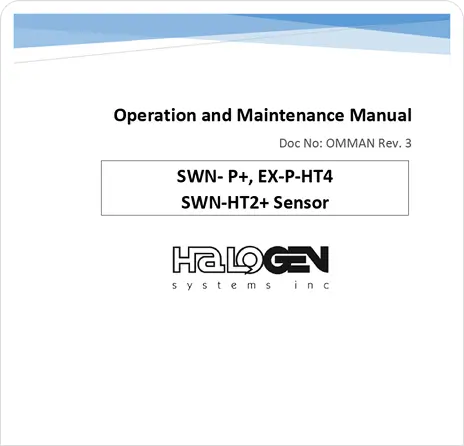Ballast Water TRO Sensor
- Home
- Ballast Water TRO Sensor
Ballast Water
- Home
- Ballast Water TRO Sensor
- Halogen Amperometric Chlorine Analyzers
The Halogen Ballast Water TRO Sensor
A breakthrough for ballast water monitoring, the Halogen System TRO Sensor tests 5 parameters using a 3-electrode amperometric chlorine measurement. The sensor is unaffected by flow or pressure, self-cleaning, and compensates for pH. The TRO sensor utilizes Halogen’s patented RapidResponse ORP™ technology, a specialized implementation of ORP measurement that will report more consistent numbers thanks to a high resistance to poisoning.
The HSI sensor requires little to no maintenance, can be installed in a flow cell or directly in a pipe. Simple to install and inexpensive to operate, the Halogen TRO sensor is unlike any other ballast water analyzer on the market today.
- TRO
- pH
- Temperature
- Conductivity
- Rapid Response ORP™*
- TRO
- pH
- Temperature
- Conductivity
- Rapid Response ORP™*
5 Parameters in a single online near- time analyzer
Self-cleaning & low maintenance
No membranes or electrolyte
Flexible deployment types
System is equipped with 4 20mA and MODBUS RTU. Other communication protocols are available upon request.
24 VDC or 90 to 240 VAC operation
5 Parameters in a single online near- time analyzer
Self-cleaning & low maintenance
No membranes or electrolyte
Flexible deployment types
System is equipped with 4 20mA and MODBUS RTU. Other communication protocols are available upon request.
24 VDC or 90 to 240 VAC operation
Benefits of the HSI TRO Sensor
Flow Independent Measurement
The sensor is unaffected by flow velocity changes from 0 to 4 m/s. An integrated pump that utilizes a long-lasting, brushless motor delivers a fixed velocity across the electrodes, creating flow independence in any installation. The high-velocity flow across the electrodes improves sensitivity and lowers the Signal to Noise Ratio.
SensiCLĒNE™ Patented Self-Cleaning Technology
A patented electrochemical cleaning method called SensiCLĒNE™ resists polarization and adsorption of organics. Cleaning beads continuously abrade the sensor. This keeps the electrode surfaces, including the pH sensor, free from buildup, scaling, and biofouling. Solid metal electrodes last the life of the system.
Ease of Service
A Wet Tap installation method enables direct insertion into a distribution pipe. Sidestream, deployments are available. Whatever deployment, the highly integrated design reduces the electronics cost and size while increasing reliability.
Easy to Monitor
An optional local Display is available for viewing parameters, troubleshooting and calibration of up to 5 separate MP5™ units.
Documents & Manuals for Ballast Water Analyzers
Installation Manual for Halogen Chlorine Analyzer: E-SWN-P+ Standard Sensor
Installation Manual for Halogen Chlorine Analyzer: E-SWN-PS (+) Standard Sensor
Installation Manual for Halogen Chlorine Analyzer: E-SWN-PS+ Standard Sensor
Installation Manual for Halogen Chlorine Analyzer : E-SWN-PS+ -A2 Standard Sensor
Installation Manual for Halogen Chlorine Analyzer: E-SWN-PHT2 (+) Sensor
Installation Manual for Halogen Chlorine Analyzer: E-SWN-PS (+) Standard Sensor
Operations Manual for Ballast Water Chlorine Analyzers using firmware 4.80 and prior:
Have Questions? Get Answers.
Our contact page also allows you to reach out with a specific question and we’ll get back to you as quickly as possible.

